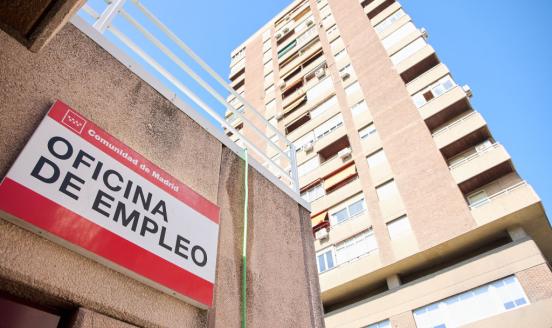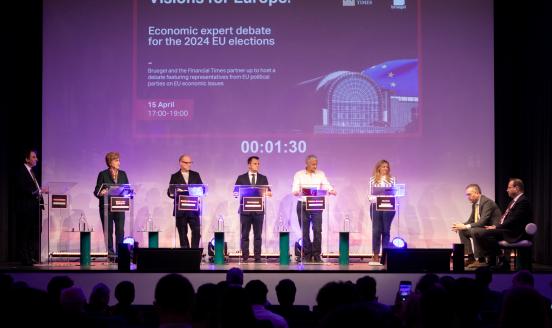The economic integration of migrants and refugees
What are the economic and labour market implications of Europe's refugee influx?

Speakers
Reinhilde Veugelers
Senior fellow
Klaus F. Zimmermann
Princeton University and UNU-MERIT,
Joel Hellstrand
Senior Policy Advisor, Swedish Employment Service,
The word ‘crisis’ is applied unrelentingly to Europe’s economy, political system and society. In the fields of labour and migration, commentators and politicians point to multiple crises of unemployment, skilled labour shortages, aging, insufficient migration and excessive migration. Most recently the news and parliaments have been filled with debates on the greatest refugee crisis in decades.
The topic is delicate and emotional, touching on broad issues of identity, history and social security. But what really happens to an economy when a large number of outsiders enter the labour market? What advice can academic analysis and political experience offer Europe as it attempts to combine humanitarian necessity and economic forethought? Do long-term immigration pressures and the current influx of refugees offer more chances to be grasped or risks to be mitigated?
Bruegel was pleased to welcome Klaus F. Zimmermann, Director of Bonn’s Institute for the Study of Labor, for a keynote address. Guntram Wolff, Bruegel Director, then chaired a discussion with Reinhilde Veugelers, Senior Fellow at Bruegel, and Joel Hellstrand, from the unit responsible for Sweden’s fast track scheme to integrate new arrivals into the workforce.
This event is full, and the deadline to register for the livestream has passed.
Relevant Materials
- Event Notes
- How will refugees affect European economies? | Blog post by Pia Hüttl and Alvaro Leandro
- Germany’s handling of immigration will shape the future of Europe | Blog post by Guntram B. Wolff
- Rainer Münz on European migration challenges | Video Interview
- Speech by President Donald Tusk | Bruegel Annual Dinner
- More work by Bruegel scholars on migration







